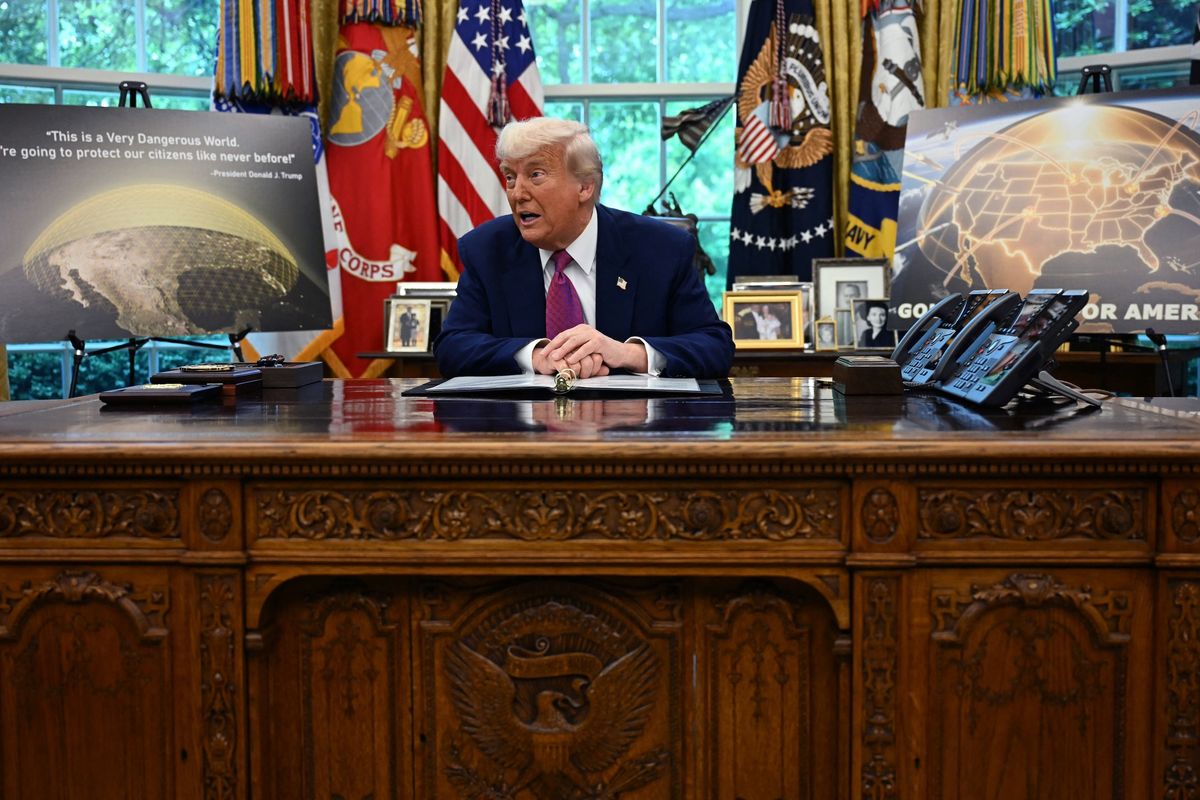The Pentagon often wargames future scenarios for when 'all hell breaks loose' with the idea of training for the worst-case scenario. Secretary of Defense Lloyd Austin made clear when he took the helm at the Pentagon earlier this year, that - consistent with President Joe Biden’s focus on climate change - the DOD would include climate as a threat to national security in the next iteration of the National Security Strategy. He also said that the impacts of climate change will be included in wargaming future military exercises.
As part of The Cipher Brief’s Climate Series, Co-Editor Kristin Wood talked with the author of All Hell Breaking Loose: The Pentagon’s Perspective on Climate Change, to get a sense of where the US military may be headed when it comes to dealing with the current and future impacts of climate change.
Kristin Wood, Co-Editor, Cipher Brief Climate Change Series
Kristin Wood is co-Editor of The Cipher Brief’s Climate Series and is a non-resident fellow at the Intelligence Project at Harvard University’s Belfer Center for Science and International Affairs. She is a 20-year CIA veteran and is a Cipher Brief Expert.
Michael T. Klare, Author, All Hell Breaking Loose: The Pentagon's Perspective on Climate Change
Michael T. Klare is a professor emeritus of peace and world security studies at Hampshire College and a senior visiting fellow at the Arms Control Association in Washington, D.C. He is the defense correspondent of The Nation and the author of fifteen books, including Resource Wars, The Race for What's Left, and, most recently, All Hell Breaking Loose: The Pentagon's Perspective on Climate Change.
THE INTERVIEW
Wood: In 2019, you published All Hell Breaking Loose. Why did you feel like 2019 was the time to write such a book?
Klare: The book was a result of two concerns coming together. All of the books I have written deal with resources and conflict. In writing my previous book, The Race for What’s Left: The Global Scramble for the World’s Last Resources, I became increasingly aware of how climate change is affecting the scramble for resources like food, water, land, and other critical resources. In the course of my research, I discovered that the Department of Defense was studying the same issue and for the same reason- they discovered that resource competition as a source of conflict was being accelerated by climate change.
I became interested in what the Department of Defense was doing because my research interests were lining up with theirs, but at the same time, I had a political interest in this. During the Trump administration, progress on climate change came to a halt. I was deeply concerned about climate change and felt that it was important to find a new way to get at the problem. It was clear at the time that the political discourse in Washington on climate change was frozen. Environmentalists and scientists were saying that it was an immense problem that we had to address while denialists were saying this wasn’t something to worry about; nothing was happening.
It occurred to me that the U.S. military had a position on climate change that was not being heard and this voice might appeal to people who were in neither the environmentalist or denialist camp or people who wouldn’t listen to each other but might listen to admirals and generals who they respect as voices of reason in national security. If they heard that voice, it might help people take climate change more seriously than they had in the past. I thought a book that presented that voice and view would play a valuable political role at a moment when no progress was being made on climate change nationally.
Read The Cipher Brief’s Climate and National Security Interview with Admiral James Stavridis (Ret.)
















